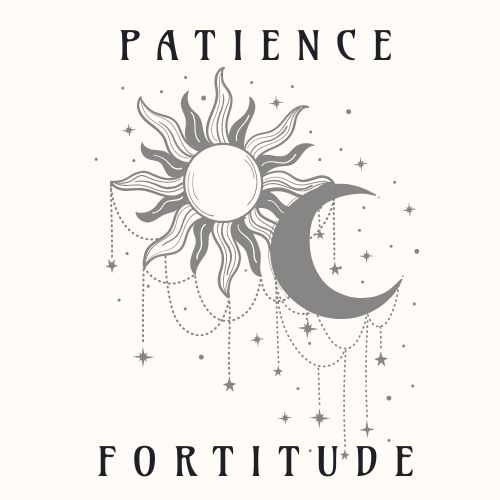Authoria: Another excerpt from my book, Grieving Futures. Once a week I am posting a section from it, in sequential order.
~~~~~~~~~~~
INTRODUCTION, part 2: I have found books over the years about losing parents aimed towards young children and alternately towards “mature” adults over 50. Honestly, I could never even read the ones aimed at the mature adults, because I would become livid with jealousy: how unfair that they were only dealing with this after having their parents around their whole lives! It was, admittedly, uncharitable and unfair of me. I know that. Still, it was my gut reaction whenever I picked up one of those books in an effort to look for companionship. The books for young children were at least acceptable to my sensibilities, but on the other hand made me depressed and guilty, because at least my parents got to see me graduate from college, and know me as an adult. I was lucky, comparatively.
Caught between the two extremes, I felt very alone.
Of course I was not completely alone. I had friends and a couple of family members who tried to stay in touch, both before and after my parents’ deaths. In retrospect I realize that they were all desperately trying to help me, but they were unsure of how and I was always damned and determined to be “doing just fine” whenever they asked how I was dealing. When I wrote to them about the events in my life I always tried to project some overall sense of wholeness; that although I was in despair and thunderstruck by events, I still was still functioning. But it did not feel that way. I felt sectioned. A piece of me was here, another there. I lived the role of daughter, caretaker, maid, and free spirit but these roles did not mix well, especially after the reasons for several of those roles – my parents – were dead. It felt impossible to explain myself to anyone without coming off as overly dramatic or depressed, and indeed I am sure it was impossible. The facts are that the events I lived through were incredibly traumatic, and I had good reason to be depressed, but all the messages I got from society at large were geared towards “recovery”: You’re young, it should be easy to move on! You still have your whole life ahead of you! Your parents would not want you to waste your life grieving for them!
It was a message of encouragement, of optimism, and more importantly of denial. I bought it and then turned around and sold it to everyone who asked me how I was doing, because despite the many books about the grieving process I devoured nothing penetrated the false promise of “youthful resilience.” I wanted it to be true. I wanted to prove to the people who were worried about me that it was true. I also grew tired of trying to explain myself to those who were in no way able to truly relate to my experiences. It was a double edge sword of false promise + feeling isolated and it = ten years of emotional misdirection.
Which is another reason I kept stalling on continuing this project. I knew it was important and that it was something I wanted to finish, but given how messed up I felt and how poorly I handled, well, everything, I did not believe that anything I had to say was important, much less helpful. It seemed inappropriate to engage in an act that might be construed as celebrating my fucked-upedness.
I am not shy about admitting to going into therapy, and so I am not ashamed to say that it took a two years and a damn good counselor for me to realize that the whole point of Grieving Futures is not to show how well I dealt with everything or to give directions on how others can “succeed at grief.” No, the purpose is the act of sharing what I went through. As in the Buddhist tradition, the goal is the process itself, and anyway there is no “there” to get to in mourning. It happens every day, and we carry our grief for the rest of our lives, so what is important is not “doing it right” (as I spent years worrying about) but in understanding that however you manage to survive, the important thing is to stay present. Sometimes that means crying your eyes out, sometimes that means doing the laundry, and sometimes that might even involve ignoring the whole damn mess until you are emotionally stable enough to face it. The people you loved and relied most on are dead, so now your job is to take care of yourself.
I forgot that, if I ever knew it at all. I do not consider this a cautionary tale, but I do hope that sharing my experiences might give people tools for dealing with their own grief, or at the very least allow them to understand that they are not alone. My issues are not your issues, and my experiences are in some ways extreme and in other ways not so much, but they are all I have. I just hope it helps.
# End of Introduction #
